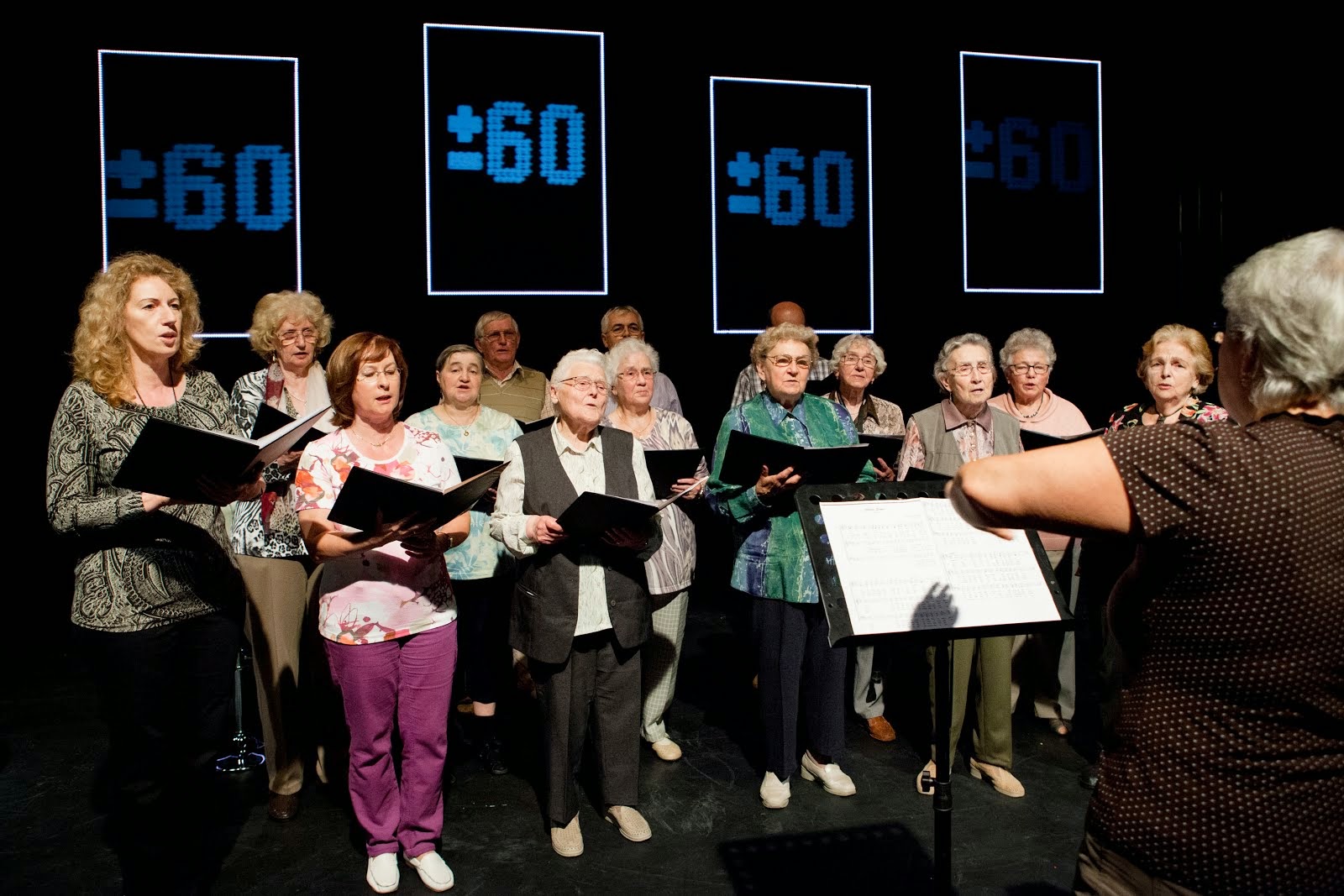With Strawberry Orphans, being a documentary theatre play, you feel the desire to engage in a dialogue with the characters. Because you perceive the vein of the immediate reality and it is from there that the predisposition for involvement comes. Incidentally, the show even asks that implicitly and explicitly. It requires an attitude. Julia Roesler, Silke Merzhäuser, Gina Călinoiu have documented in details, working with, unfortunately, the few non-governmental organizations concerned with the fate of children who, in one form or another, are disadvantaged. Silke Merzhäuser and Axel Preuß, built, based on documentation, a well-structured dramatic, homogeneous and dense text, attractive in all respects. The subject is a current one and it demands our attention, it is challenging for debate. The topic of the play deals only with the consequences and not with the causes. How did we come to the situation of this mass labor migration? A grandmother in the story could have conjured the image of mornings before 1989, when waves of people headed for various industrial areas that provided jobs for almost everyone. And most of them were at that time highly skilled labor, whereas now it became a migration to low-skilled jobs. We could even push the question further and ask why are there so many jobs available? Without ignoring the major issue of the performance, i.e. the transfer of civilization, beyond the material quantification, a positive aspect could be added to the discussion, when parents arriving in the West acquire skills and discover modern attitudes and approaches which gradually impact in the country of origin.
Until now, this topic was barely highlighted in studies or analyses, but now this performance succeeded in addressing the topic to everyone, children and adults. The text skillfully combines stories collected from interviews with a minimum of fiction to ensure a connection and a flow that keeps the audience's attention. Being a show that brings together two cultures, it had to deal with languages. The combination of the two languages was so natural that, at no moment, the homogeneity suffered. Here, of course, the major asset were the two German actors who spoke many lines in Romanian, often with an effortless accent. Naturally, in Germany the proportion will change, Romanian becoming an element of ambience and particularity.
Speaking of homogeneity, I would like to emphasize the perfect harmony between the German actors, Sven Hönig, Oliver Simon and the actresses from Romania, Gina Călinoiu and Gabriela Baciu. They form a team and complete each other delightfully. When the actresses emphasize the emotional side of the story, their partners offer a playful counterpoint. Their game is overflowing with inventiveness and they successfully embody children. Naughty boys, especially in a cavalcade of gestures and gags, but also with sensitive episodes. Oliver Simon has a very successful monologue as a girl and Sven Hönig goes through the full range of expressions from burlesque to tragic. Julia Roesler uses the space well, with minimal decor but successfully employed throughout the show. That huge cardboard box becomes by turns a trunk or a closet, a long table or a hiding place for children's play, a stage for Gina Călinoiu's performance, who gives an amazing performance, constantly relying on a direct relationship with the audience. That murmured chorus becomes obsessional, "I would give my life and me", especially in Kim Efert's musical adaptation, who as a discreet presence on stage, like a magician, accompanying the story with original music, played on all kind of instruments, simple or more sophisticated, joining the actors, producing melodious sounds even with the carboard box. Perhaps an accoustic guitar instead of an electric one would have induced even more emotion; perhaps choosing electronics is to remain closer to the tone of this epoch.
The five of them, together with Kim, of course, are the key to this show that deserves to be reviewed, especially since it will also be played in Germany where, I imagine, Gabriela Baciu will bring tears of emotion in the audience.
In these stories emotion is palpable. At one point in the story the children confess they want, besides the presence of their parents, of course, a telephone. One of the smart ones existing today. This, in fact, seems to be the unanimous desire of this generation. For these so-called 'orphans', communication, especially with their parents working far away, is what they desire most. But this communication is not enough, technology being powerless to provide what a child feels, what any of us feels: the need for comfort, for touch.
Marius Dobrin


.jpg)
.jpg)
.jpg)
.jpg)


.jpg)
.jpg)




